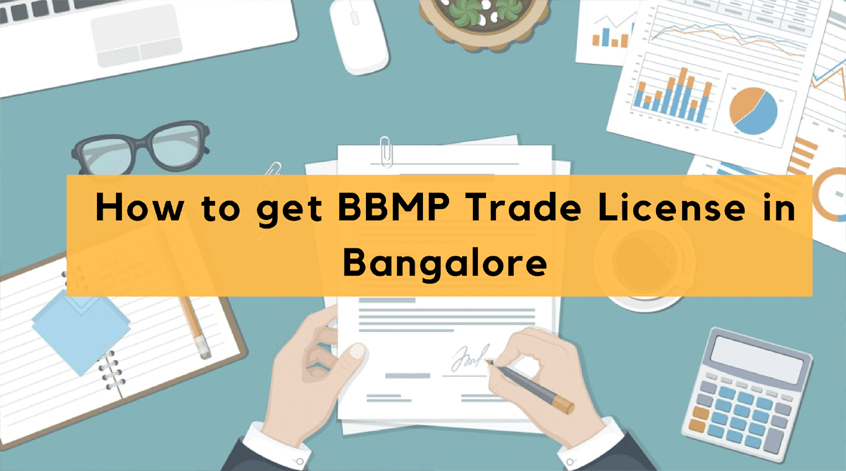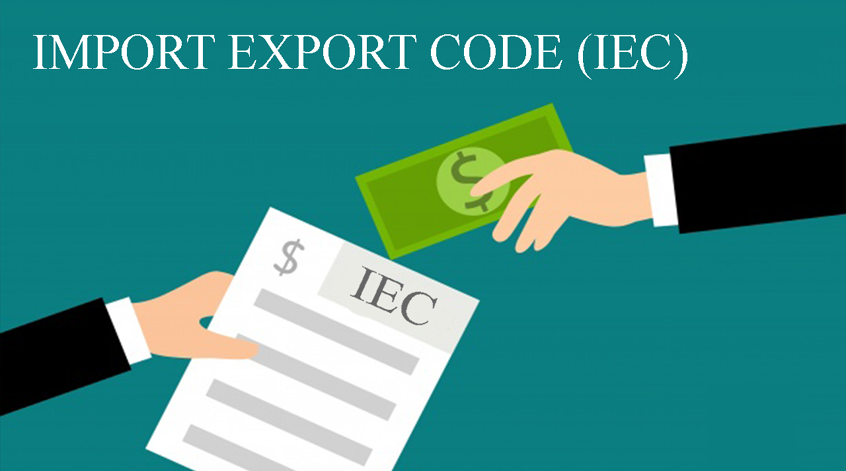Startup Registration

Private Limited Company
Private Limited Company is the most prevalent and popular type of corporate legal entity in India. Private limited company registration is governed by the Ministry of Corporate Affairs,
Companies Act, 2013 and the Companies Incorporation Rules, 2014.
To form a private limited company, a minimum of two shareholders and two directors are required. A natural person can be both a director and shareholder, while a corporate legal entity can only be a shareholder. Further, foreign nationals, foreign corporate entities or NRIs are allowed to be Directors and/or Shareholders of a Company with Foreign Direct Investment, making it the preferred choice of entity for foreign promoters. Unique features of a private limited company like limited liability protection to shareholders, ability to raise equity funds, separate legal entity status and perpetual existence make it the most recommended type of business entity for millions of small and medium sized businesses that are family owned or professionally managed.
To form a private limited company, a minimum of two shareholders and two directors are required. A natural person can be both a director and shareholder, while a corporate legal entity can only be a shareholder. Further, foreign nationals, foreign corporate entities or NRIs are allowed to be Directors and/or Shareholders of a Company with Foreign Direct Investment, making it the preferred choice of entity for foreign promoters. Unique features of a private limited company like limited liability protection to shareholders, ability to raise equity funds, separate legal entity status and perpetual existence make it the most recommended type of business entity for millions of small and medium sized businesses that are family owned or professionally managed.

Public Company Registration
Public Company is the best option for medium and large sized business that needs to raise the equity capital from public. Public Limited Company comes with a limited liability to its owners and management.
"A public company can sell its shares to public and raise the capital from the market. To form a limited company, a minimum of 7 shareholders and 3 directors are required. There is no cap on maximum number of members.
Besides having strict regulatory requirements and compliances, a public company has all the advantages of private company and other feature like having any number of members, ease in share transferring, capital raising."
Besides having strict regulatory requirements and compliances, a public company has all the advantages of private company and other feature like having any number of members, ease in share transferring, capital raising."

Formation of One Person Company
OPC is introduced to motivate the proprietorship firm and sole entrepreneurs to enter into a form of corporate entity and enjoy basic features of a company. One Person Company (OPC) was introduced through Companies Act, 2013. Main feature of OPC is that unlike other forms of company it only needs one member to start the business. OPC provide features of company like separate entity from members, limited liability to shareholders and easy to incorporate.

Formation Of LLP
A limited liability partnership (LLP) is a partnership in which some or all partners (depending on the jurisdiction) have limited liabilities. It therefore can exhibit elements of partnerships and corporations. In an LLP, each partner is not responsible
or liable for another partner's misconduct or negligence. The main advantage of a Limited Liability Partnership over a traditional partnership firm is that in a LLP, one partner is not responsible or liable for another partner's misconduct or
negligence.
A LLP also provides limited liability protection for the owners from the debts of the LLP. Therefore, all partners in a LLP enjoy a form of limited liability protection for each individual's protection within the partnership, similar to that of the shareholders of a private limited company. However, unlike private limited company shareholder, the partners of a LLP have the right to manage the business directly.
A LLP also provides limited liability protection for the owners from the debts of the LLP. Therefore, all partners in a LLP enjoy a form of limited liability protection for each individual's protection within the partnership, similar to that of the shareholders of a private limited company. However, unlike private limited company shareholder, the partners of a LLP have the right to manage the business directly.

Partnership Firm
A Partnership Firm is a popular form of business constitution for businesses that are owned, managed and controlled by an Association of People for profit. Partnership firms are relatively easy to start are is prevalent amongst small and medium sized businesses in the unorganized sectors. With the introduction of Limited Liability Partnerships in India, Partnership Firms are fast losing their prevalence due to the added advantages offered by a Limited Liability Partnership.
There are two types of Partnership firms, registered and un-registered Partnership firm. It is not compulsory to register a Partnership firm; however, it is advisable to register a Partnership firm due to the added advantages. Partnership firms are created by drafting a Partnership deed amongst the Partners and Laif Sutra can help start a registered or un-registered Partnership firm in India.

Proprietorship
A Sole Proprietorship Registration is an unincorporated business owned by one person.It is not a separate legal entity, like a LLP or a company.No legal formalities are necessary to create a sole proprietorship.
In sole proprietorship the owner is in direct control of all elements and is legally accountable for the finances of business and this may include debts,loans,loss,etc.The owner receives all profits and has unlimited responsibility for all losses and debts.

GST Registration
Laif Sutra can help you obtain GST registration in India and maintain GST compliance through a proprietary GST accounting software. The average time taken to obtain GST certificate is about 4-6 working days, subject to government processing Laif Sutra can help you obtain GST registration in India and maintain GST compliance through a proprietary GST accounting software. The average time taken to obtain GST certificate is about 4-6 working days, subject to government processing.

Trust/society Registration
“NGO may be defined as association having a definite cultural, Educational, economical, religious or social a its main objective. They are not owned by any one and cannot distribute its profit/surplus as such. Whatever, profit/surplus they may earn from economic activities are reinvested or spent on appropriate non profit activities. The typical sources of revenue of non government organizations are donations, grant, gift, membership fee and interest on investment”. Now a days, the word NGO denotes to registered trust, societies, cooperative societies, endowments, non profit companies, etc. working for the welfare, development and progress of public at large and in a way supplement to the similar functions being carried out by the state and hence, called as Non Government Organizations (NGOs).

BBMP Trade license
Bruhat Bengaluru Mahanagara Palike (BBMP) issues the trade license to industries and shops having the place of business within Bangalore. Trade license is a permit issued by BBMP granting permission to a person or entity to carry on a particular business at a specific premise.

Food License
The Food Safety & Standards Act, 2006 introduced to improve the hygiene and quality of food has brought about tremendous changes in the food industry. As per the Act, no person shall commence or carry on any food business except under a FSSAI license or FSSAI registration. Therefore, any food manufacturing or processing or packaging or distributing entity is now required to obtain a FSSAI License or Registration.
FSSAI License is issued by the Food Safety and Standards Authority of India (FSSAI), Ministry of Family Health & Welfare, Government of India. Application to commence food business must be made to the FSSAI in the prescribed format. Based on the application and supporting documents, FSSAI will accord approval. Laif Sutra can help your business obtain FSSAI Registration or License quickly and hassle-fee.

RERA
RERA was established in the year of 2016; it introduces Real Estate (Regulation & Development) Act 2016 to regulate & govern the real estate at the state level. Regulatory authorities are established at the state level, governing authority is responsible for
1. Registration & other related approvals to register commercial & residential projects
2. Regulating the sale & purchase contracts of the plot, apartments, buildings, etc. in the real estate sector

Trade Mark
A Trademark is typically a name, word, phrase, logo, symbol, image or a combination of these to distinguish a company’s products and services from those of others. It is also used as a marketing tool to create awareness and recognition of products or services among customers.
A trademark is the intellectual property of its holder; and ownership of a trademark flows from the business usage of the trademark. Trademark Registration provides ultimate protection for Business Name, Brand Name, Taglines, Captions, Logo, Symbol or Emblem or a combination of these as Trademark.

ESIC & PF
Employee's State Insurance(ESI) is a self-financing social security and health insurance scheme for Indian workers. ESI is compulsory for entities employing 10 or more persons and all employees earning INR 21000 or less per month as wages, the employer contributes 3.25 percentage and employee contributes 0.75 percentage, total share being 4 percentage. This fund is managed by the ESI Corporation (ESI) according to rules and regulations stipulated therein the ESI Act 1948, which oversees the provision of medical and cash benefits to the employees and their family through its large network of branch offices, dispensaries and hospitals throughout India. ESI is an autonomous corporation under Ministry of Labour and Employment, Government of India. But most of the dispensaries and hospitals are run by concerned state governments.
Employees Provident Fund (EPF) is a scheme controlled by the Employees' Provident Funds and Miscellaneous Provisions Act, 1952. It is regulated under the umbrella of Employees' Provident Fund Organisation (EPFO). PF registration is applicable for all establishment which employs 20 or more persons. PF registration can also be obtained voluntarily by establishments having less than 20 employee.

Import & Export License
Import Export (IE) Code is a registration required for persons importing or exporting goods and services from India. IE Code is issued by the Directorate General of Foreign Trade (DGFT), Ministry of Commerce and Industries, Government of India. IE Codes when issued can be used by the entity throughout its existence and doesn't require any renewal or filing. Therefore, it is recommended for most organizations to obtain IE Code, irrespective of if they need it at the moment.
The IEC does not apply to technology and services. However, it does in certain cases in which international trade is restricted, such as nuclear weapons and automatic guns. The IEC is a 10-digit code with permanent validity issued by the Directorate General of Foreign Trade.

PSARA (Private Security Agency Regulatory Act)
Private Security agencies are agencies which provide security services including training of security guards. The operation of private security agencies is governed by the Private Security Agencies Regulation Act, 2005(PSARA). Private security services are increasing with an increase in concerns about crime and terrorism.
Thus private security agencies are also increasing. The concerned state government, in which private security agency is located will have the power to regulate their affairs and may also formulate rules in respect of it. No private security agency can commence a business or provide a security guard without holding a license under PSARA.

MSME Registration
MSME stands for micro, small and medium enterprises and any enterprise that falls under any of these three categories. MSME enterprises are the backbone of any economy and are an engine of economic growth, promoting equitable development for all. Therefore, to support and promote MSMEs, the Government of India through various subsidies, schemes and incentives promote MSMEs through the MSMED Act. To avail the benefits under the MSMED Act from Central or State Government and the Banking Sector, MSME Registration is required.
Micro, Small and Medium sized enterprises in both the manufacturing and service sector can obtain MSME Registration under the MSMED Act. Though the MSME registration is not statutory, it is beneficial for business at it provides a range of benefits such as eligibility for lower rates of interest, excise exemption scheme, tax subsidies, power tariff subsidies, capital investment subsidies and other support.

KPME Registration
The KPME Act was passed in 2007 to "to bring a comprehensive legislation in place of the Karnataka Private Nursing Home (Regulation) Act, 1976" that will be the legal control over private medical establishments (PMEs) in the State. Among other things, the Bill made the registration of PMEs mandatory and laid down guidelines to ensure their quality.
Work in the private health sector in Karnataka has been affected for the past few weeks over fears that the State government will pass the proposed KPME (Amendment) Bill 2017. The amendments, which are directed at private sector medical establishments, have been met with fierce criticism from the private doctors' associations even as activists welcomed it.
